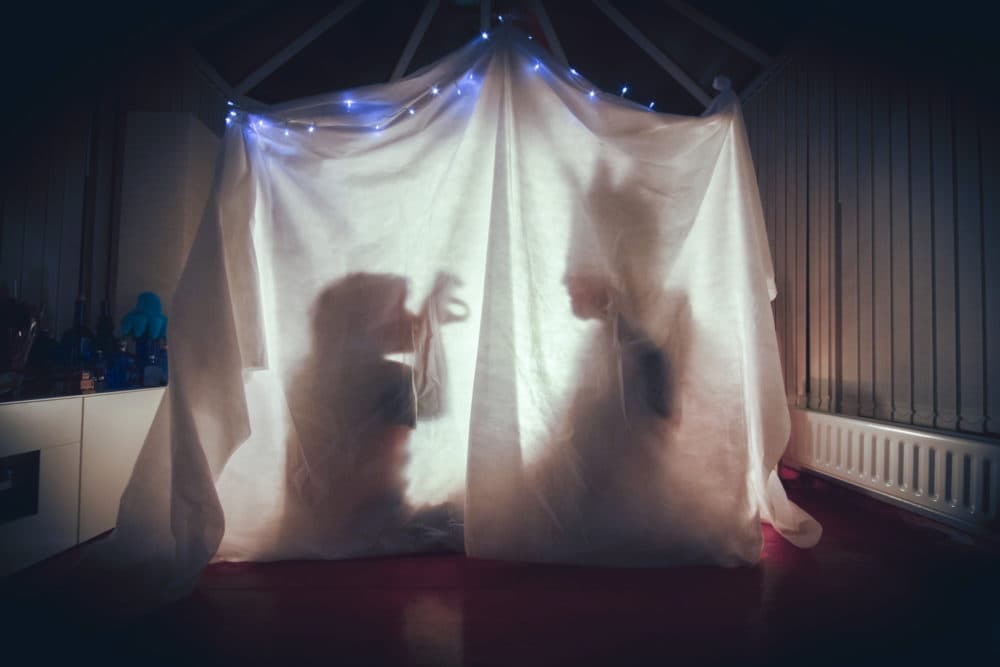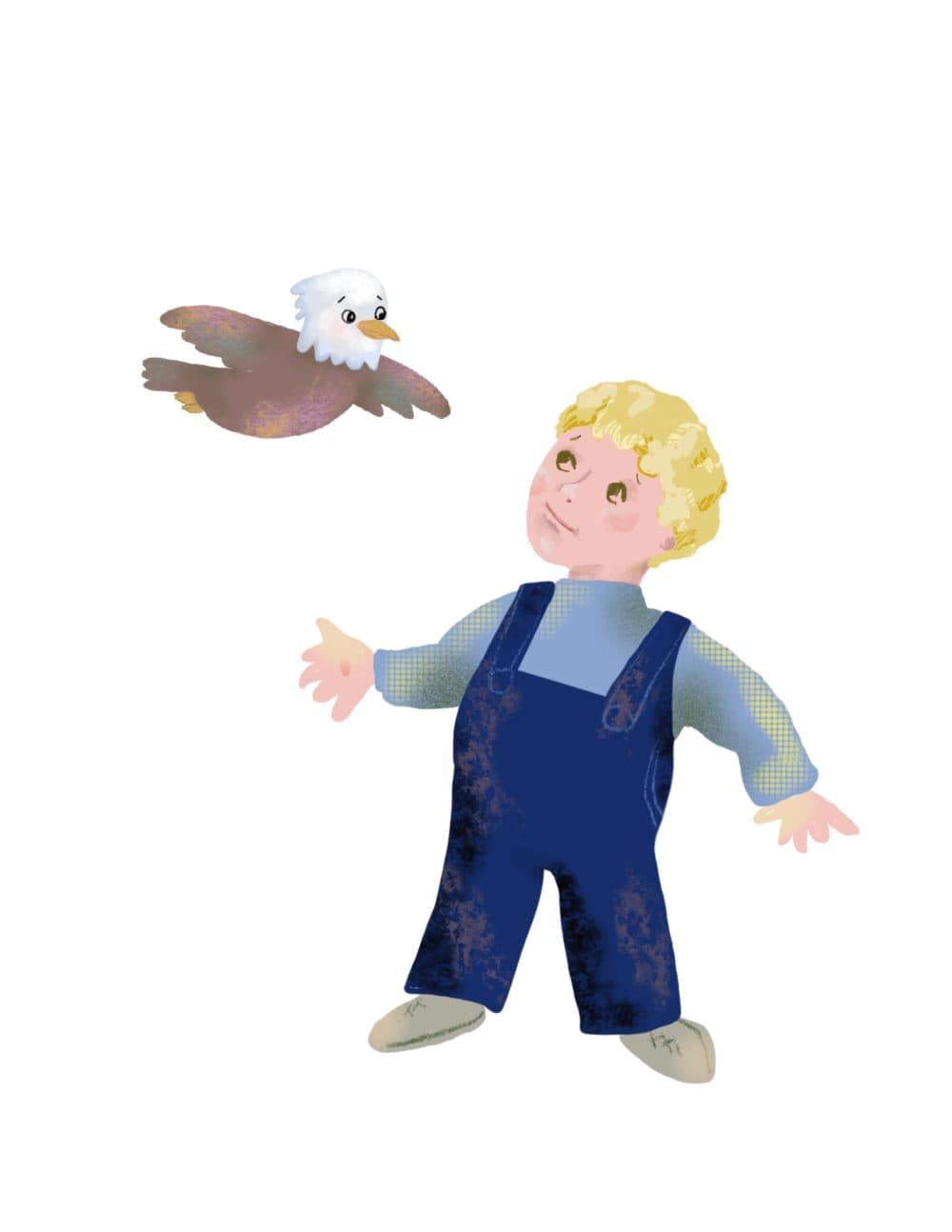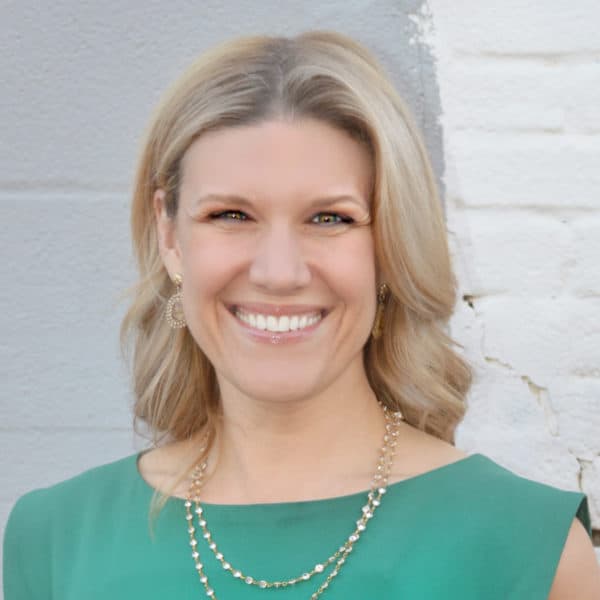Advertisement
Commentary
My 6-Year-Old Became A Storyteller This Year. It Saved Us Both

Over the course of the pandemic, my 6-year-old son rode in a fire truck. He hosted parties filled with games and exotic-flavored cupcakes. He practiced magic and learned to fly. And he did it all with a friend named Iggie by his side.
Iggie is an eagle — a young eagle, who lives in a nest in the “Soapstone Forest,” a name derived from a nature trail in Rock Creek Park near our home in Washington, DC. Iggie came to life decades ago, as a character in the bedtime stories my father told me as a child. I still remember being snuggled under my covers with my dad perched on the edge of my bed, conjuring up tales of adventures both routine and fantastical.
I grew up, and Iggie faded away. But the pandemic resurrected Iggie. My son and I, in our little pod of two, were struggling to find rhythm in increasingly shiftless days. Anxious and overwhelmed by work, parenting and homeschooling demands, I tried to keep my son entertained and distracted through scheduled FaceTime sessions with the grandparents we were missing.
But amidst the excess screen time of lockdown, the sessions often fell flat, with my son toggling distractedly between apps. One day, in a desire to shake things up, my father launched into a story. “Once upon a time, not so very long ago,” he began, and my son settled down, his eyes transfixed on the screen. “There was a young boy named Benji who had an eagle as a friend, named Iggie.”

Initially, Iggie stories were the mechanism through which my son maintained a connection to pre-COVID life. Real-life Benjamin could no longer travel, but Benji of Iggie stories went on long train rides with his grandpa and his eagle friend. Benjamin couldn’t go to school, but Iggie found a way, pecking on the school door with his beak and flying down the hall to Benji’s former classroom. Benjamin’s actual birthday party was an intimate, stilted, masked outdoor gathering, but Benji’s Iggie version was a jubilant affair.
Over time, the Iggie stories evolved, becoming more fantastical and emotionally layered. Upon mastering the magic words, "uffa, puffa, wuffa, up, up and away!" Benji discovered he could fly, soaring through the trees of the Soapstone Forest with Iggie by his side. When Benjamin despaired over how much he missed his grandparents, Benji and Iggie talked about sadness.
Early on, my son announced that the Iggie collection would not be complete until there were 100, a number that made my father laugh and groan. But a year later, our binder of Iggie stories has swelled to 79. Favorites have been told and re-told. “Number nine tonight, Poppy,” my son will say, chiming in to recite lines that he long ago committed to memory.
Advertisement
In a year in which so much remained stagnant, Iggie provided a window to my son’s growth. There were physical markers, of course — the inches he sprouted; the little boy softness that faded away; the smile transformed by the loss of eight baby teeth and the emergence of widely spaced adult replacements.
In a year in which so much remained stagnant, Iggie provided a window to my son’s growth.
But it was through his evolving relationship with Iggie stories that I witnessed a more profound shift. This was the year that he developed a new understanding of words and their power. “Mommy, I wrote a new Iggie story,” he announced one early summer day after lunch. “Benji and Iggie eat quesadillas,” he said with pride.
Months later, his notion of what story writing entails has changed. His Iggie stories are no longer mere titles that recount daily activities; they are long improvisations that provide glimpses into an emerging inner life. His thoughts have become more sophisticated this past year; his fears, more difficult to soothe. “If you die when I’m still a kid,” he said to me early the other morning, while snuggling in my bed, “I will need a different mommy.”
The depths of his vulnerability can overwhelm me at times. “Are you going to cry every day?” he sobbed to me one bleak winter day. A few days later, I overheard him riffing during an Iggie session with my dad, “And the people in the crowd yelled, ‘hang Mike Pence,’” he said. I rushed into the room in horror, shaken by both the words I heard him say and the chaos and terror that have permeated his consciousness.
Recently, I realized that his Iggie stories meant something to me — that they are part of a narrative I was trying to construct to help both of us make sense of this darkest, most difficult year. On a literal level, they are a written record of how families love, even when a pandemic and many miles keep us physically distant. But I also want him to see the parallels between Iggie’s magic and the extraordinary feats that those of us who have been fortunate enough to awaken each morning continue to perform daily. The magic we all need to make life worth living. The belief that better days lie ahead.
Recently, I realized that his Iggie stories meant something to me -- that they are part of a narrative I was trying to construct to help both of us make sense of this darkest, most difficult year.
Early in the pandemic, I listened to an interview with George Saunders, where he read a letter that he had written to his graduate students when the country was first shutting down. “This is when the world needs our eyes and ears and minds,” he said. “This has never happened before here — at least not since 1918. We are — and especially you are — the generation that is going to have to help us make sense of this and recover afterwards.”
My father and Iggie are helping my son do just that — to develop his voice. To express the emotions he feels in this new, uncertain reality. To make sense of a child’s world in COVID.
What story will he tell?
I cannot begin to imagine. But just knowing that it is in formation gives me some comfort, in a way that few other things do. Stories provide us with the hope we need to move forward, to face another day that may feel brighter than a year ago, but also more somber and laden with grief.
Perhaps my son’s emerging voice, in chorus with others, will provide us with the reservoir of strength that we need to get to the other side.
